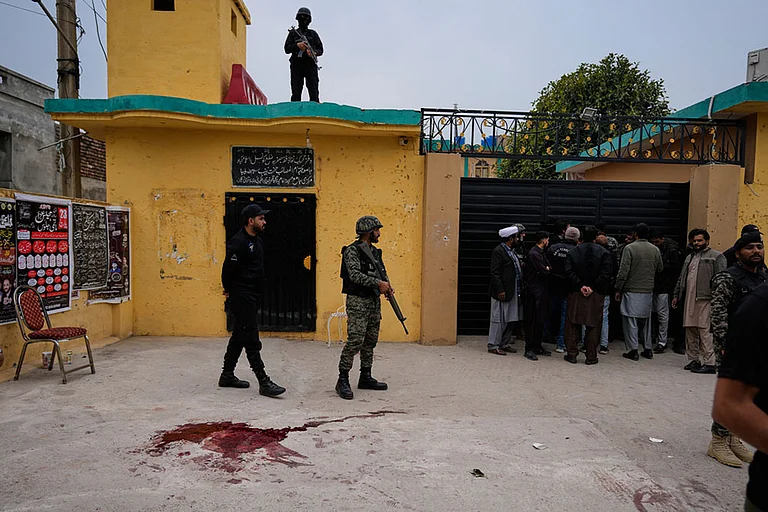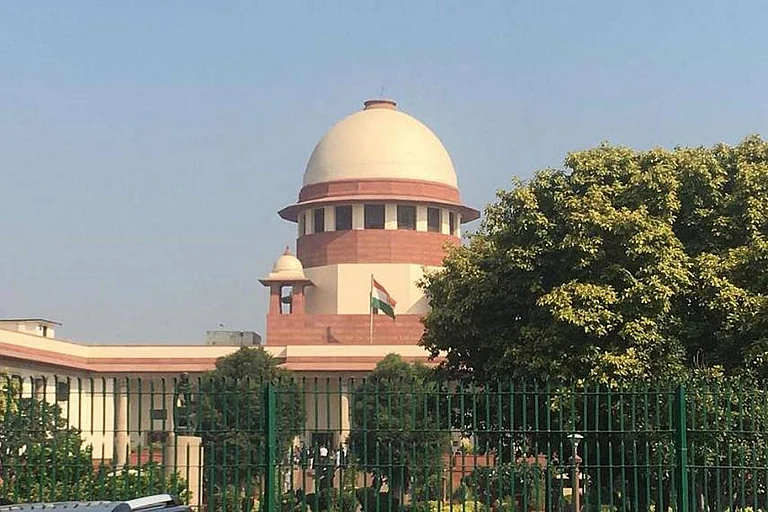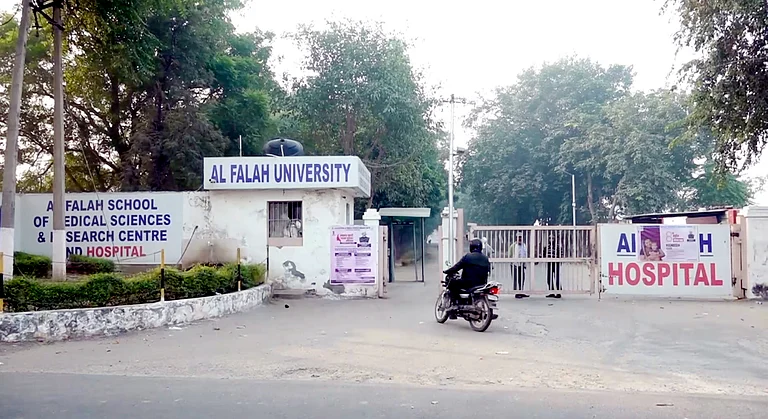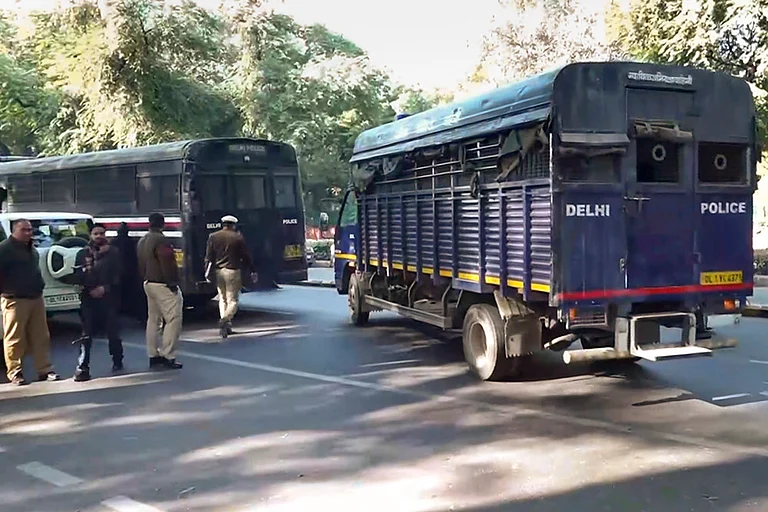President Droupadi Murmu on Wednesday rejected the mercy plea of Pakistani terrorist Mohammed Arif alias Ashfaq who was convicted for conspiring to attack Delhi's Red Fort in 2000.
Back on December 22, 2000, the attack took place where three army personnel of the 7 Rajputana Rifles unit stationed inside the Red Fort, were killed. Arif, a Pakistani national and a member of the terror outfit Lashkar-e-Taiba (LeT), was taken into custody four days after the attack.
It has been reported that Arif and three other LeT terrorists entered India in 1999. He hatched the plan to attack Red Fort in a house in Srinagar. The three terrorists, Abu Shaad, Abu Bilal and Abu Haider, who had also entered the monument, were killed in separate encounters.
SC rejected petition in 2022
The Supreme Court In November 2022 had dismissed his review petition, upholding his death sentence. This time, the mercy petition from Arif as reportedly received on May 15 and was turned down on May 27.
In 2022, the Supreme Court had noted that the Red Fort attack was a threat against India's unity, integrity, and sovereignty. It added that there were no mitigating circumstances in the convict's favour.
Mohammed Arif: The accused in 2000 Red Fort Attack
Arif, a Pakistani national and a member of the terror outfit Lashkar-e-Taiba (LeT), was first found guilty of a conspiracy to attack army personnel in October 2005 when he was sentenced to death. The Delhi high court upheld his death sentence in September 2007. In 2011, the Supreme Court confirmed his death sentence.
In August 2012, his review petition was dismissed and he filed a curative petition in January 2014. A five-judge constitution bench of the apex court in September 2014 concluded that in all cases in which a death sentence was awarded by the high court, such matters be listed before a bench of three judges.
Before the September 2014 verdict, the review and curative petitions of death row convicts were not heard in open courts but were decided in chamber proceedings by circulation.
In January 2016, a constitution bench had directed that Arif shall be entitled to seek re-opening of the dismissal of the review petitions for an open court hearing within one month.


























